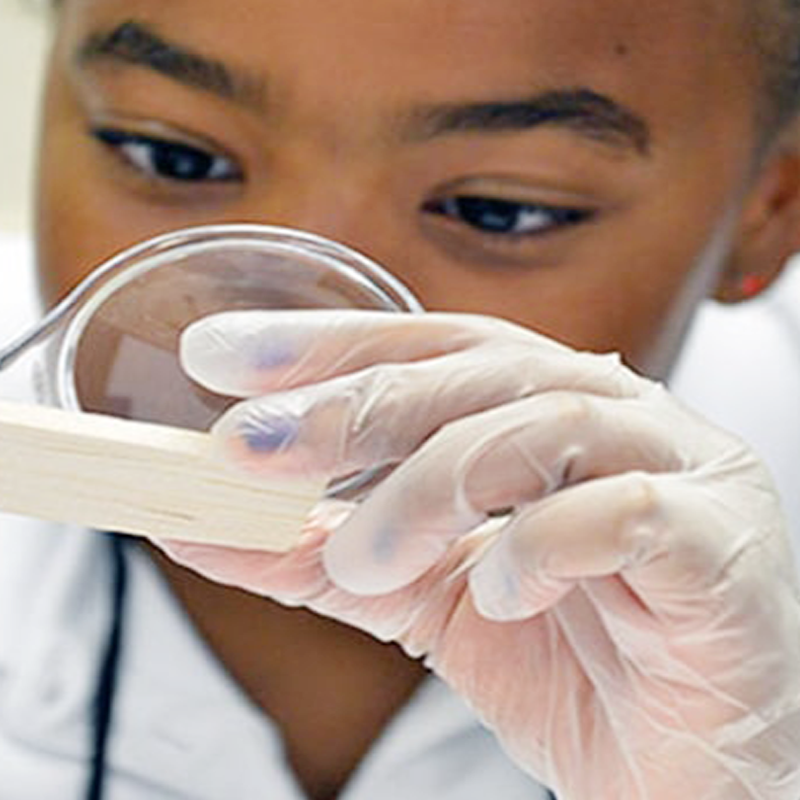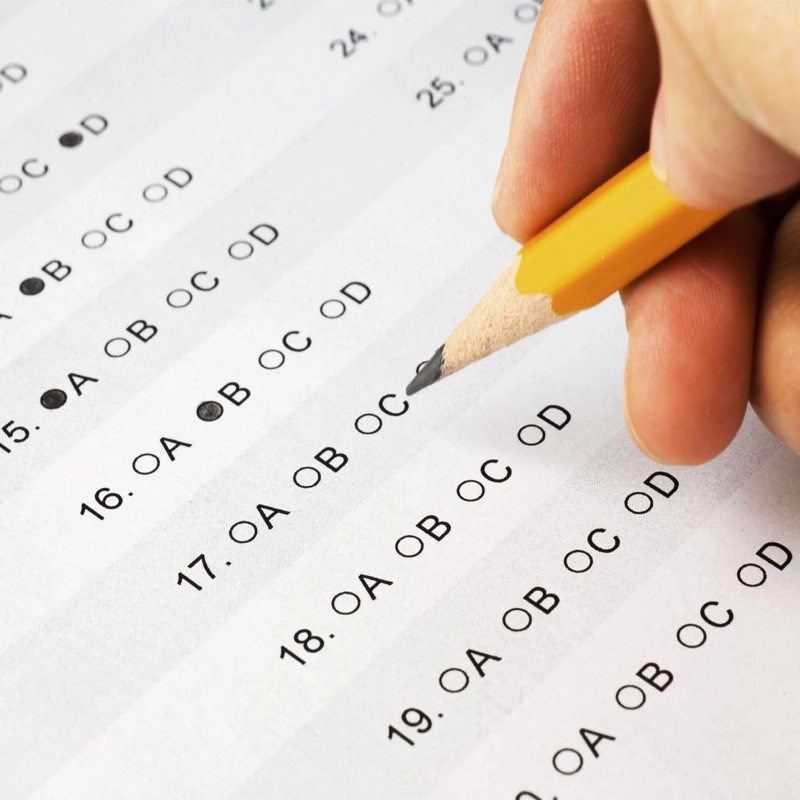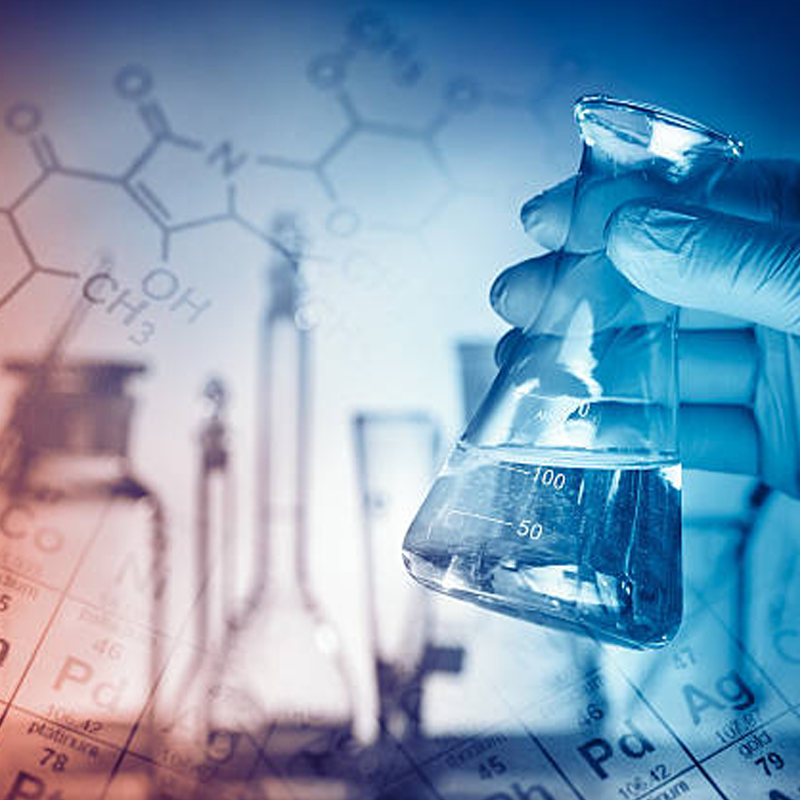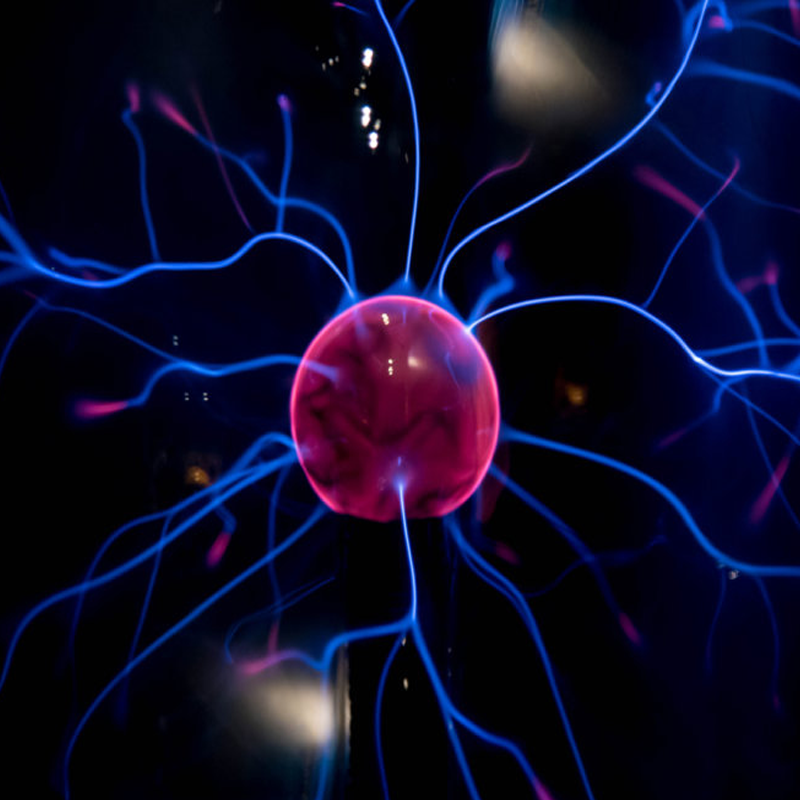
The Caribbean Advanced Proficiency Examination was developed in response to a mandate from CARICOM Minsters responsible for Education. They requested a regional exam which would be at least equivalent in standard to the ‘A’ level but differing from the ‘A’ level in its philosophical assumptions and, consequently, its structure.
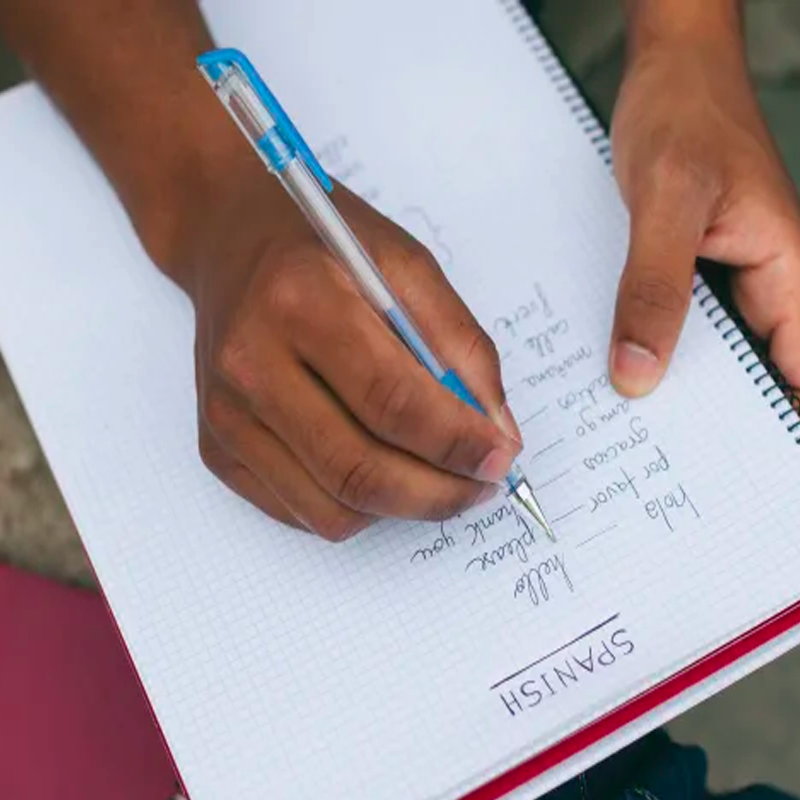
CAPE brings academic, and technical and vocational courses of study within a single system of certification. CAPE is designed on the assumption that a coherent programme of study must only address a specific knowledge base, but must also include the development of related skills and attitudes. It prepares individuals adequately for a life in regional and international communities, for work, and higher education.

CAPE is designed to provide certification of the academic achievement of students in the Caribbean who, having completed a minimum of five years of secondary education, and wish to further their studies at universities all over the world. The examinations address the skills and knowledge acquired by students under a flexible and articulated system where subjects are organized in one-Unit or two-Unit courses with each Unit containing three Modules. Subjects examined under CAPE may be studied concurrently or singly.
A CAPE Diploma is awarded after a student has successfully completed at least six units.
